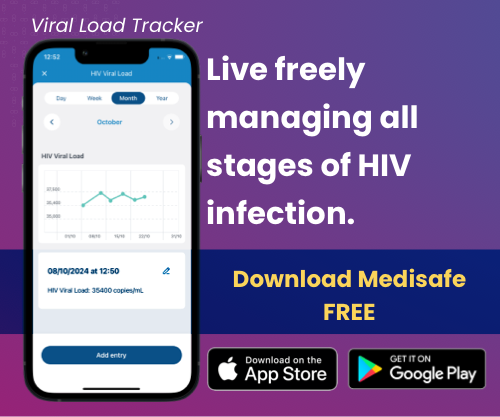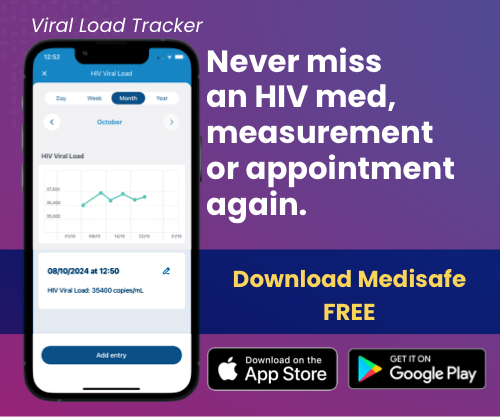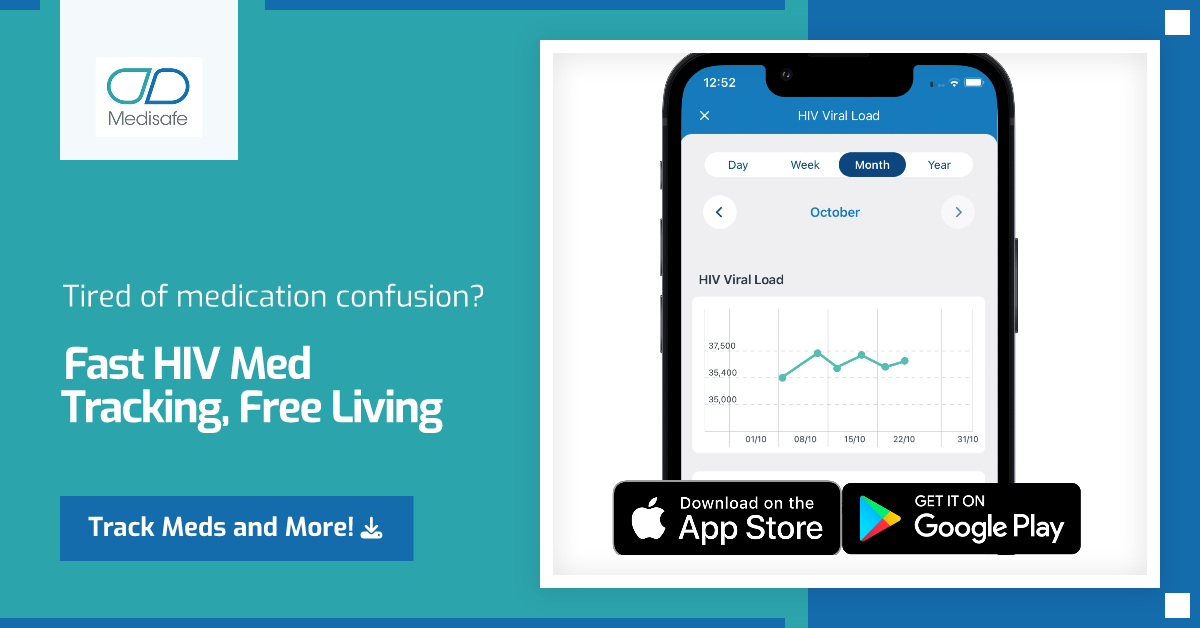Receiving an HIV diagnosis can be overwhelming, often leading to many questions about health and disease progression. One common concern is the specific stages of HIV infection, particularly regarding fungal infections and weight loss. Understanding which stage of the infection is characterized by these symptoms is crucial for effective management and treatment.
HIV infection typically progresses through three distinct stages: acute HIV infection, chronic (asymptomatic) HIV infection, and AIDS (Acquired Immunodeficiency Syndrome). Each stage has unique characteristics and symptoms, including changes in weight and susceptibility to infections, particularly fungal infections.
Stage 1: Acute HIV Infection
Acute HIV infection occurs within 2 to 4 weeks after exposure to the virus, often presenting flu-like symptoms such as fever, swollen lymph nodes, and fatigue. Weight loss is generally not a significant issue during this early stage. Most symptoms subside within a few weeks, and individuals may not realize they are infected since they often feel better after the initial flare-up.
Stage 2: Chronic HIV Infection
Following the acute stage, many individuals enter a chronic phase where the virus remains active but reproduces at very low levels. During this stage, people may remain asymptomatic for several years, often maintaining a stable weight. However, without treatment, the immune system gradually weakens, making individuals increasingly susceptible to opportunistic infections as the virus continues to damage CD4 cells.
Stage 3: AIDS and Associated Symptoms
AIDS represents the most severe progression of HIV. At this stage, characterized by a CD4 cell count below 200 cells/mm³, the immune system is severely compromised. It is during this phase that significant weight loss and susceptibility to opportunistic infections, including fungal diseases, become prevalent. Individuals may experience weight loss of more than 10% of their body weight, often accompanied by diarrhea, ongoing fever, and weakness—these are hallmark symptoms of AIDS wasting syndrome.
 Fungal Infections in AIDS
Fungal Infections in AIDS
Individuals in the AIDS stage are particularly vulnerable to fungal infections due to the weakened state of their immune system. Common fungal infections associated with AIDS include:
Oral Candidiasis (Thrush): Often manifests as white patches in the mouth or throat and can make eating painful.
Pneumocystis pneumonia (PCP): A serious lung infection that can lead to significant health complications if not promptly treated.
Cryptococcal Meningitis: A fungal infection of the membranes surrounding the brain and spinal cord that can be life-threatening.
Factors Leading to Weight Loss
Weight loss during the AIDS stage can result from multiple factors:
Opportunistic Infections: Complications from infections often lead to decreased appetite and difficulty absorbing nutrients.
Nutritional Deficiencies: HIV affects the gastrointestinal system, leading to malabsorption and resultant weight loss.
Increased Energy Needs: To fight the virus and manage infections, the body requires more energy, which can further contribute to weight loss when not adequately met.
Managing Symptoms and Seeking Treatment
If you or someone you care for is experiencing HIV-associated weight loss or fungal infections, it is essential to consult healthcare providers. Treatments for HIV can stabilize the condition and significantly improve overall health. Effective antiretroviral therapy (ART) not only controls the viral load but also helps prevent many complications associated with the disease, including wasting syndrome and opportunistic infections.
Understanding the stages of HIV infection and the associated symptoms is essential for anyone newly diagnosed and their caregivers. Recognizing that significant weight loss and fungal infections are primarily linked to the AIDS stage can empower individuals to seek effective treatment and support. If you have any concerns or notice symptoms indicative of advanced HIV, reach out to healthcare professionals for assistance. Remember, early intervention can greatly enhance your quality of life, and resources are available to help you navigate this journey. You are not alone, and with the right support, you can thrive.
Sources and Links
CDC. (2024). Fungal Diseases and HIV/AIDs. Fungal Diseases. https://www.cdc.gov/fungal/risk-factors/hiv-aids.html
Wasting Syndrome – International Association of Providers of AIDS Care. (2024). iapac.org. https://www.iapac.org/fact-sheet/wasting-syndrome/
Just Diagnosed. (2024). VA.gov | Veterans Affairs. va.gov. https://www.hiv.va.gov/patient/diagnosis/oi-wasting-syndrome.asp


